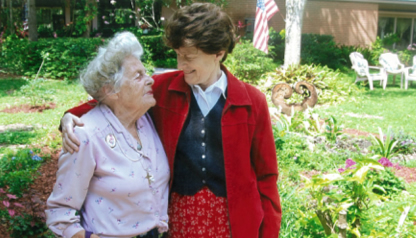SYLVIA A. THORPE, Ph.D., ABPP
Diplomate In Clinical Psychology, (WA #461)
American Board of Professional Psychology
Medicare Provider
Most Insurance Accepted
Brief Therapy:
- Usually 4-10 Sessions
- Reality-Oriented, Practical
- By Request, Christian Counseling
- Chronic/Terminal Illness
- Grief, Loss, Family Difficulties
PSYCHOLOGICAL TESTING:
- Dementia, Daily Function Ability
- Depression, Worry, Fear
- Substance Use, Behavior Problems
- Aging, Memory & Cognition
- Alcohol, Substance Use
ADDITIONAL:
- SAME DAY Results
- Written Report w/in 10 days
- Feedback to Family as well as to MD
Tricare, Veterans’ Choice
Most Insurance Accepted
Brief Therapy:
- EMDR
- Thought-Field Therapy
- Interpersonal, Cognitive-Behavioral
- By Request, Christian Counseling
- Adults, Couples, Families
PSYCHOLOGICAL TESTING:
- PTSD, Trauma
- TBI, Memory
- Anger, Depression, Grief
- Learning Disorders, ADHD
- Alcohol, Drugs, Addictive Behaviors
ADDITIONAL:
- NOD letters
- Family Member Services
Labor & Industries
Most Insurance Accepted
Brief Therapy:
- Usually 4-10 Sessions
- Cognitive-Behavioral, TFT, EMDR
- Interpersonal, Cognitive-Behavioral
- By Request, Christian Counseling
- Adults, Children, Couples, Families
PSYCHOLOGICAL TESTING:
- Learning Disorders, ADHD
- Depression, Anxiety, Anger
- Bariatric/Surgery Evaluations
- Autism, Behavior Problems
- Chronic/Terminal Illness
ADDITIONAL:
- SAME DAY Results
- Written Report w/in 10 days
- Accommodations for College/School
Why Do Psychological Testing? Find out here. (PDF)
About Me
As of June 1st -- COVID clean!
Telephone therapy available during COVID crisis.
I am Board-Certified in Clinical Psychology by the American Board of Professional Psychology. I am also board-certified by the American Board of Disability Analysts and the American Board of Psychotherapy and Psychodiagnostics. I am listed in the National Register of Health Service Providers in Psychology.
I am a preferred provider for most insurance companies as well as Medicare, Tricare, and Tricare “Choice.” I am listed in the National Register of Health Service Providers in Psychology.

This photo is my mom & me at our family home in Texas. She’s passed on, and so has my dad, but both are still in my heart!
My Credentials
Ph.D. & Sc.M. in psychology, Brown University
B.A, in psychology, Colorado College
Internships at Allen Memorial Institute of Psychiatry, Montreal General Hospital, University of Washington School of Medicine, Dept of Psychiatry & Behavioral Sciences
WA #461 licensed psychologist since 1975, Quebec #1300 licensed psychologist 1973-75
Awards & Memberships
American Tree Farm forester, Region 6 U.S. Forest Service Caring for the Land Award 1993
The Wildlife Society WA chapter, Leadership in Wildlife Conservation Award 1992
American Red Cross Whatcom Co. chapter, Real Hero Educator Award 2000,
Phi Beta Kappa (Colorado College chapter)
MENSA
I attend Calvary Apostolic Church on the Loomis Trail Rd in Lynden, Washington
